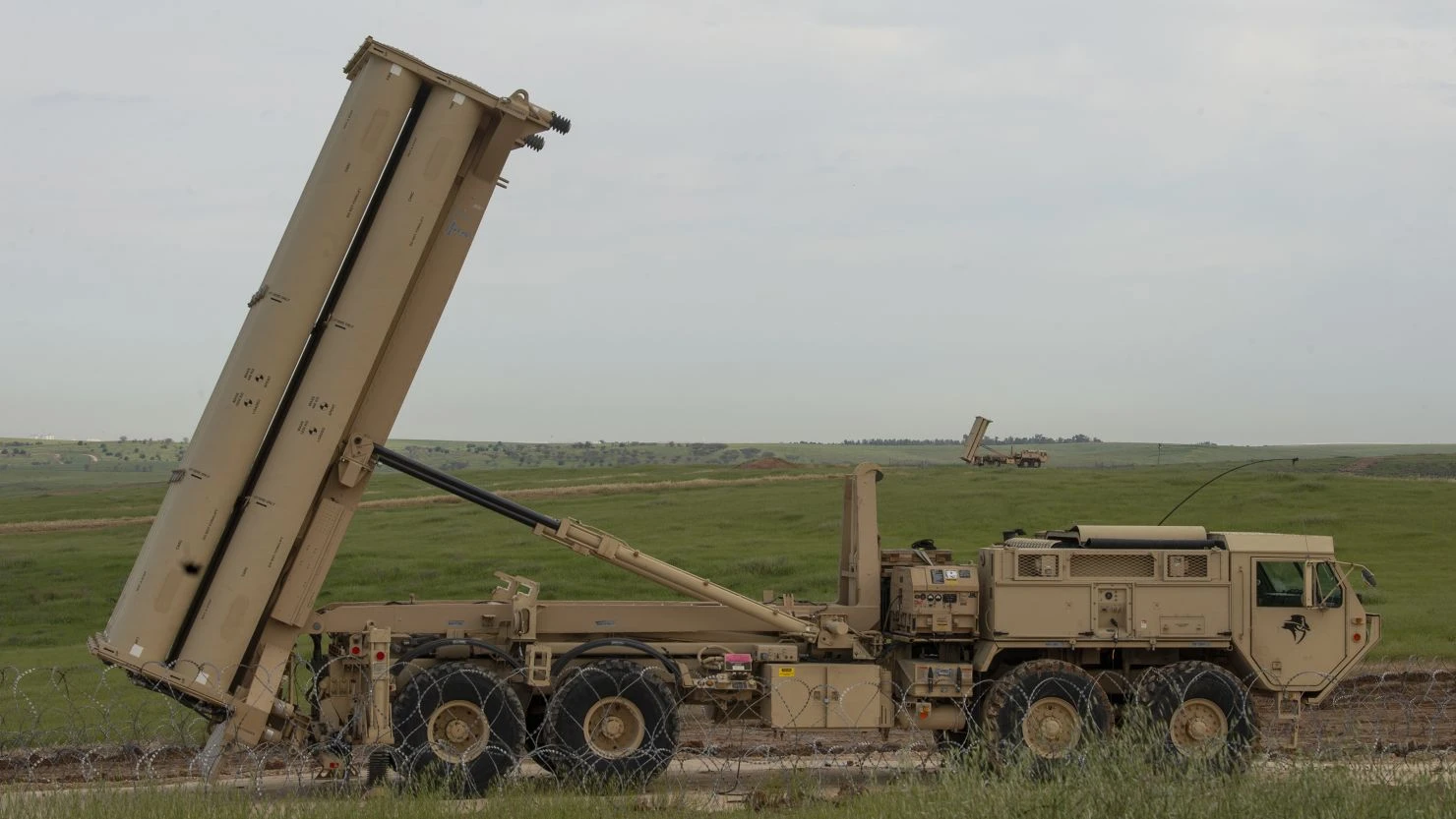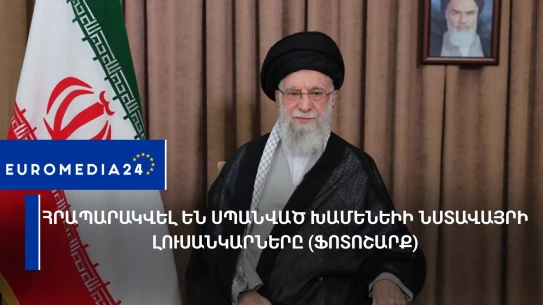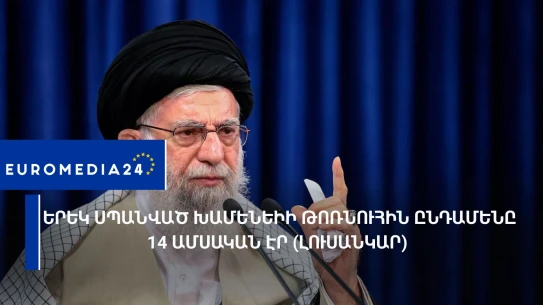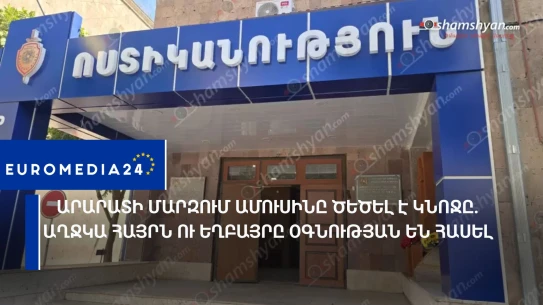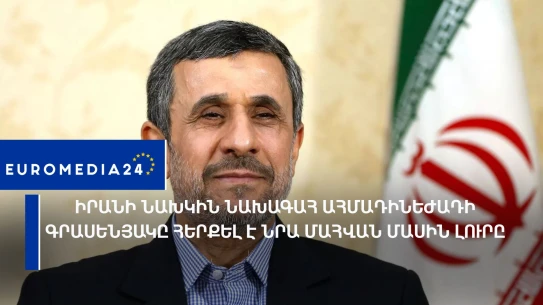The placement of the THAAD system on the territory of the Jewish state, according to the American side, is intended to “protect Israel and the Americans there from any ballistic missile attack from Iran.” According to the US Congressional Research Service, the US ground forces have seven THAAD batteries at their disposal. Each of them includes six launchers, 48 interceptors and radar equipment. 95 military personnel must service one such battery. The ground-based THAAD system is designed to intercept ballistic missile warheads at the final stage of the mid-flight trajectory and when approaching the target. It is designed to protect troops, as well as cities and important installations, from ballistic missiles - both short-range and strategic. On October 13, the US Department of Defense confirmed the dispatch of a THAAD battery to Israel to counter a potential ballistic missile attack from Iran amid escalating tensions in the region. On the evening of October 1, Iran launched a massive missile attack on Israeli territory in response to the killings of key individuals in the leadership of Hamas, the Lebanese Shiite organization Hezbollah and the Iranian Islamic Revolutionary Guard Corps (elite units of the Armed Forces). Tehran said 90% of the missiles successfully hit their intended targets, but Israel says Iran launched about 180 missiles and most of them were intercepted. On October 9, Defense Minister Yoav Galant warned that Israel was not abandoning plans to respond to the missile attack with a strike on Iran that would be so “deadly and unexpected” that the Iranians would not have time to understand anything.
The Pentagon announced the arrival of the first components of the THAAD missile defense system in Israel
